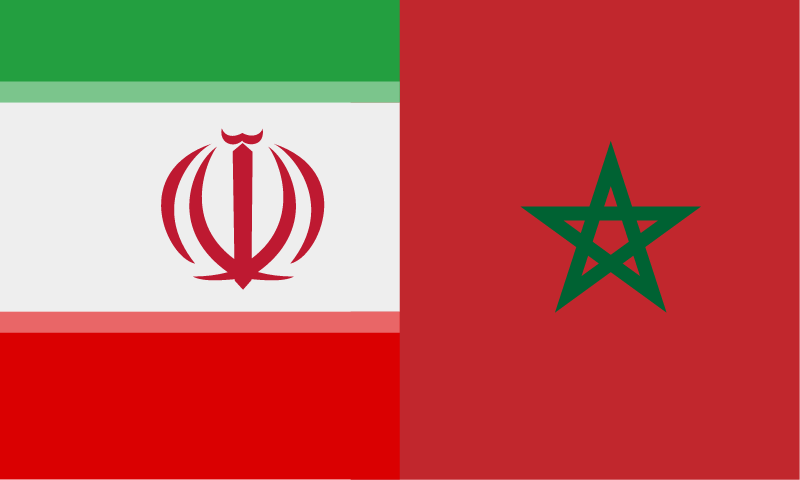Dr. Hamdy Bashir
Arab Wall, July 30, 2023
“Tehran is seizing the opportunity to engage with Morocco, thereby countering Israel’s growing influence in the Arab Maghreb region.”
The announcement made by Tehran regarding its initiative to normalize relations with Morocco, as stated by its Foreign Minister, Amir Abdollahian, marks a significant and unexpected shift in Iran’s foreign policy towards Morocco. It seems that this change in Iran’s stance is primarily influenced by the geopolitical transformations occurring in the region. This development comes in the midst of strained relations between Israel and Iran since the Netanyahu government came into power, particularly due to Israel’s settlement policy in Palestinian territories. Consequently, the second Negev summit has been postponed and has yet to take place. Iran sees an opportunity to leverage this situation by forging closer ties with Morocco in order to counterbalance Israel’s influence. Additionally, Tehran is benefiting from the recent rapprochement and normalization with the Kingdom of Saudi Arabia, facilitated by Chinese sponsorship. This move allows Iran to invest in Saudi Arabia’s role in fostering closer relations with certain Arab countries, including Morocco.
On June 30th of the previous year, Hussein Amir Abdollahian, the Iranian Foreign Minister, made a surprising announcement expressing Iran’s intention to normalize relations with the Kingdom of Morocco. This development raises questions about the motives behind Iran’s sudden interest and the potential challenges that may arise in reestablishing relations between the two countries.
Multiple Motivations
There are multiple motivations behind the announcement of the Iranian Foreign Minister expressing his country’s desire to restore relations with Morocco at this time, and the most important of these are:
- There is an increasing consensus among countries in the Middle East region regarding the significance of pursuing de-escalation as a viable option. After years of armed conflicts in Syria, Yemen, and Iraq, which have caused widespread devastation and led to the displacement of numerous refugees and migrants, it has become evident that containing tensions and conflicts is essential for achieving stability in the area. As a result, the prospect of normalization between Arab countries and Iran has emerged as an alternative to continued confrontation and competition. This approach is expected to redirect these conflicts towards a path of de-escalation and negotiation, aiming to find solutions for the long-standing disputes in the region. … [To read the full article, click here]


